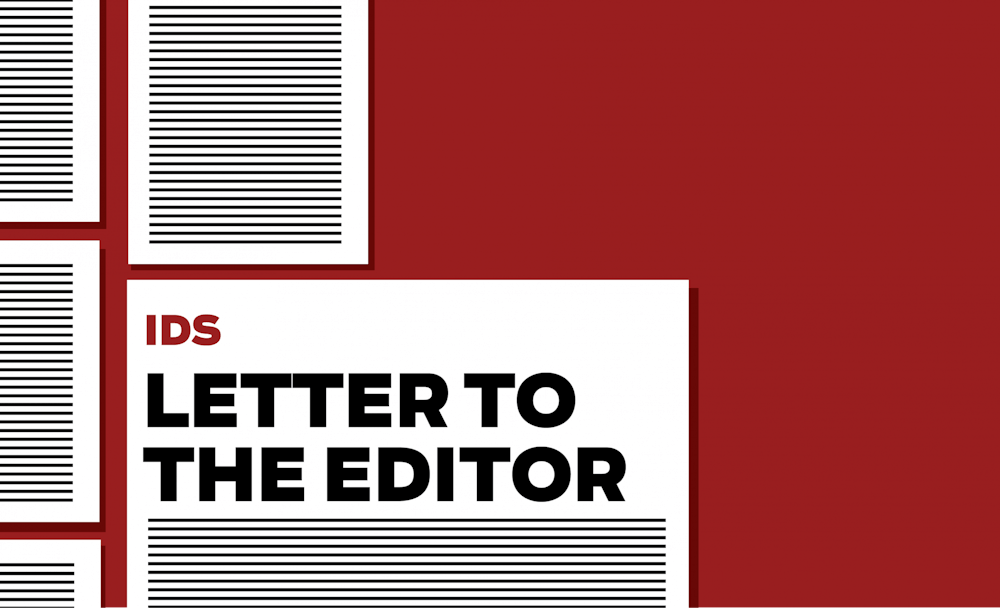Interested in writing a letter to the editor or guest column to the Indiana Daily Student? Check out our guidelines and submission details here.
I was dismayed to learn from a recent IDS piece about Sustain IU’s program to serve and promote Fischer Farms products on campus. Fischer Farms, which raises cows and other animals for meat, uses junk science to promote its products as carbon negative. This partnership stains IU’s credibility as an institute of higher learning and misinforms students who want to create a sustainable future.
Compared to growing plants for direct human consumption, animal agriculture has much higher greenhouse gas emissions and uses dramatically more resources. Ranching is especially damaging for two main reasons. First, raising cows requires large amounts of land — nearly a hundred times more per gram of protein to produce beef than legumes. This is why the beef industry is a key driver of deforestation and habitat loss. Second, cows release large amounts of methane (a powerful greenhouse gas) as part of their ruminant digestive process. Alongside other ranching proponents, Fischer Farms claims that “regenerative” grazing strategies can offset emissions by sequestering carbon in the soil. But such practices require even more land than the feedlot system and are not very effective. Meanwhile, Joseph Fischer’s sustainability claims about local beef are misleading because transport only accounts for a minuscule percentage of beef’s emissions. Regardless of where or how the cows are raised, eating beef is one of the worst food choices we can make for the environment.
As part of this partnership, IU promotes Fischer Farms’ bogus sustainability claims, such as that its beef is “natural,” “regenerative” and even carbon negative. “Regenerative ranching” is a climate denialist marketing gimmick akin to “clean coal,” and it is disgraceful for IU to advertise it to students. IU should end this partnership and expand Sustain IU’s other valuable initiatives that encourage a transition to plant-based foods.
-Natalie Levin, PhD, IU History






